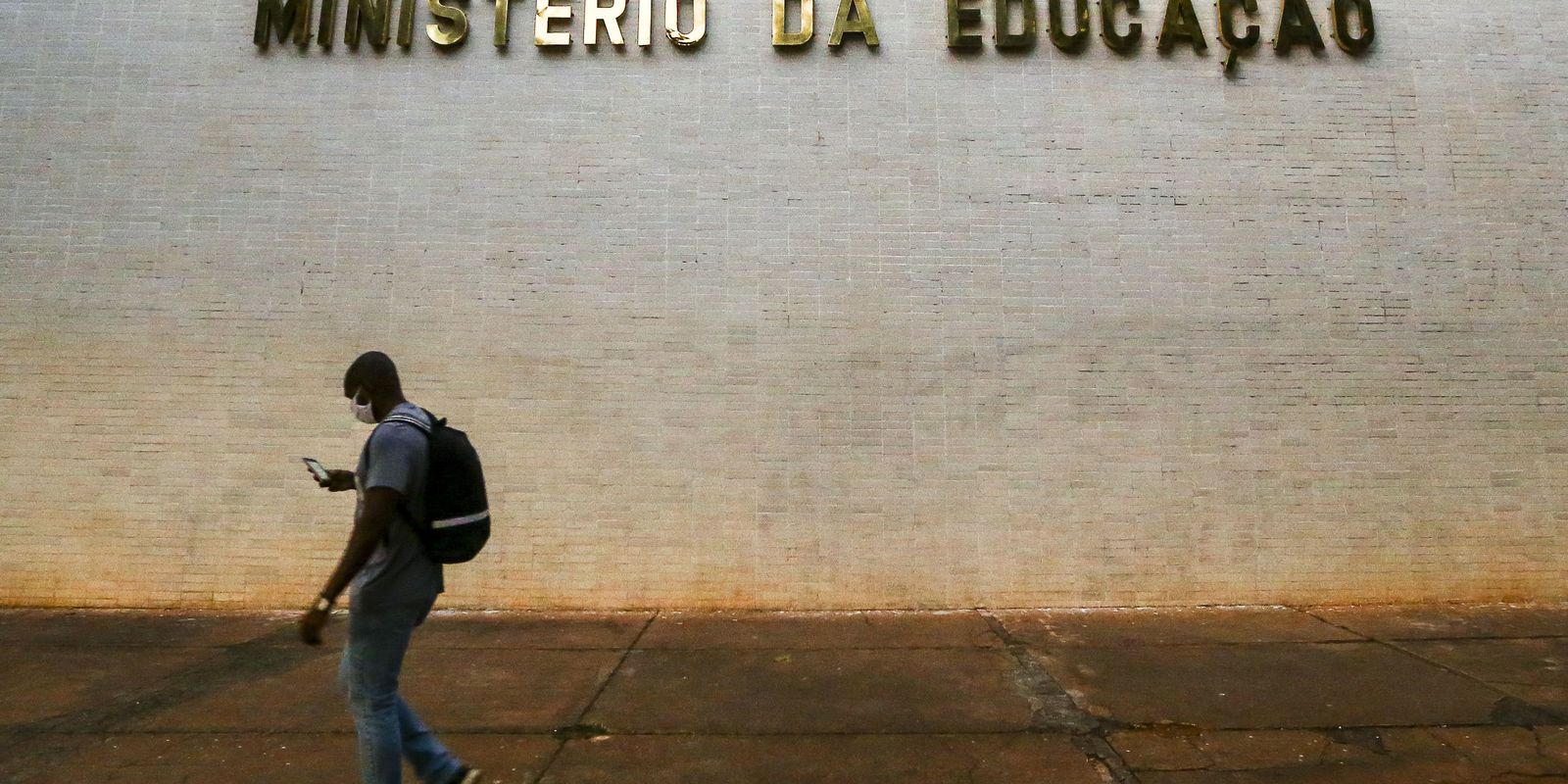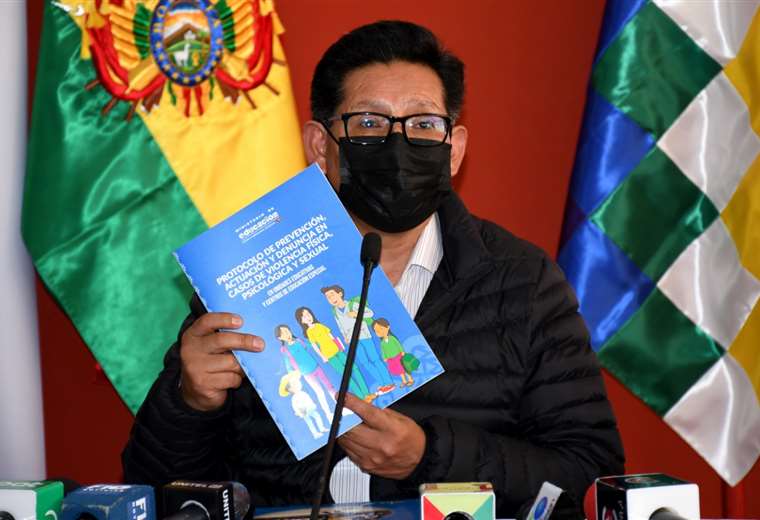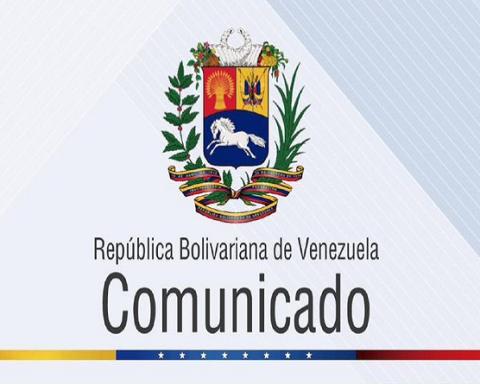The Ministry of Education has defined rules for the renegotiation of debts related to the collection of credits from the Student Financing Fund (Fies). Published in Official Diary of the Union As of today (22), Resolution No. 51, however, only allows the renegotiation of the amount due.
According to the text, the beneficiary student, whose financing agreement was in the amortization phase on December 30, 2021, interested in renegotiating the debt, may do so by requesting the financial agent of the Fies agreement between the days September 1st and December 31st, 2022.
The resolution details the terms of the renegotiation. In the case of students with debts overdue and not paid for more than 90 days, a full discount of charges and 12% of the principal amount will be applied, for cash payment.
If you prefer to pay the debt in installments, the student can do so in up to 150 subsequent months, “with a 100% reduction in interest and fines, keeping the other conditions of the contract”.
In the case of students with debts overdue and unpaid for more than 360 days (on December 30, 2021) registered with CadÚnico – or who have been beneficiaries of the 2021 Emergency Aid -, the discount will be 92% of the consolidated amount of the debt, “including principal, through the full settlement of the outstanding balance”, details the resolution.
In such cases, payment of the outstanding balance will be allowed in up to 15 successive monthly installments, “the financial charges corresponding to 100% of the average rate of the Special System for Settlement and Custody (TMS) will be applied to the outstanding balance”.
In other situations not described in the resolution, the discount will be 77% of the consolidated debt amount, also having as a reference the date of December 30 of last year.
For students “with zero days of delay” with Fies, the discount will be 12% of the consolidated debt amount, including the principal, for payment in cash.
The resolution adds that the value of the monthly installment resulting from the installment “cannot be less than R$ 200, even if it implies a reduction in the maximum term of the installments”.
Finally, the resolution details how the charges will be paid in the event of non-compliance with obligations, as well as the situations in which the default will result in the inclusion of name and CPF in restrictive credit records.

















